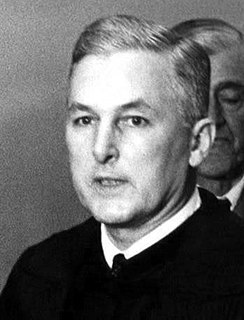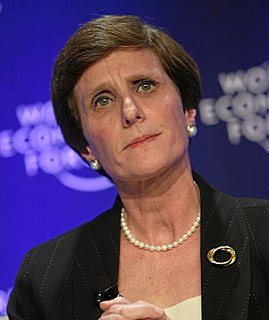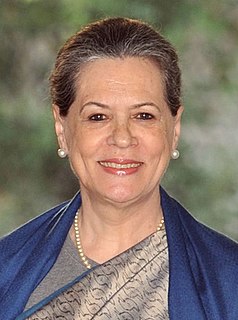A Quote by Nathan M. Pusey
We live in a time of such rapid change and growth of knowledge that only he who is in a fundamental sense a scholar-that is, a person who continues to learn and inquire-can hope to keep pace, let alone play the role of guide.
Related Quotes
If we hope to stem the mass destruction that inevitably attends our economic system (and to alter the sense of entitlement - the sense of contempt, the hatred - on which it is based), fundamental historical, social, economic, and technological forces need to be pondered, understood, and redirected. Behavior won't change much without a fundamental change in consciousness. The question becomes: How do we change consciousness?
The troubles of the 20th century are not unlike those of adolescence -- rapid growth beyond the ability of organizations to manage, uncontrollable emotion, and a desperate search for identity. Out of adolescence, however, comes maturity in which physical growth with all its attendant difficulties comes to an end, but in which growth continues in knowledge, in spirit, in community, and in love; it is to this that we look forward as a human race. This goal, once seen with our eyes, will draw our faltering feet toward it.
There is only one important point you must keep in your mind and let it be your guide. No matter what people call you, you are just who you are. Keep to this truth. You must ask yourself how is it you want to live your life. We live and we die, this is the truth that we can only face alone. No one can help us, not even the Buddha. So consider carefully, what prevents you from living the way you want to live your life?
I have made some headway in addressing these questions, however, and succeeded in explaining how it is that the category of knowledge might play an important role in empirical theories. To the extent that talk of knowledge can be shown to play an explanatory role in such theories, the analogy I wish to make with paradigm natural kinds such as acids and aluminum starts to make a good deal of sense. This is, of course, connected with the issue of the role of intuitions in philosophy.
I don't know if anyone has noticed but I only ever write about one thing: being alone. The fear of being alone, the desire to not be alone, the attempts we make to find our person, to keep our person, to convince our person to not leave us alone, the joy of being with our person and thus no longer alone, the devastation of being left alone. The need to hear the words: You are not alone.
































